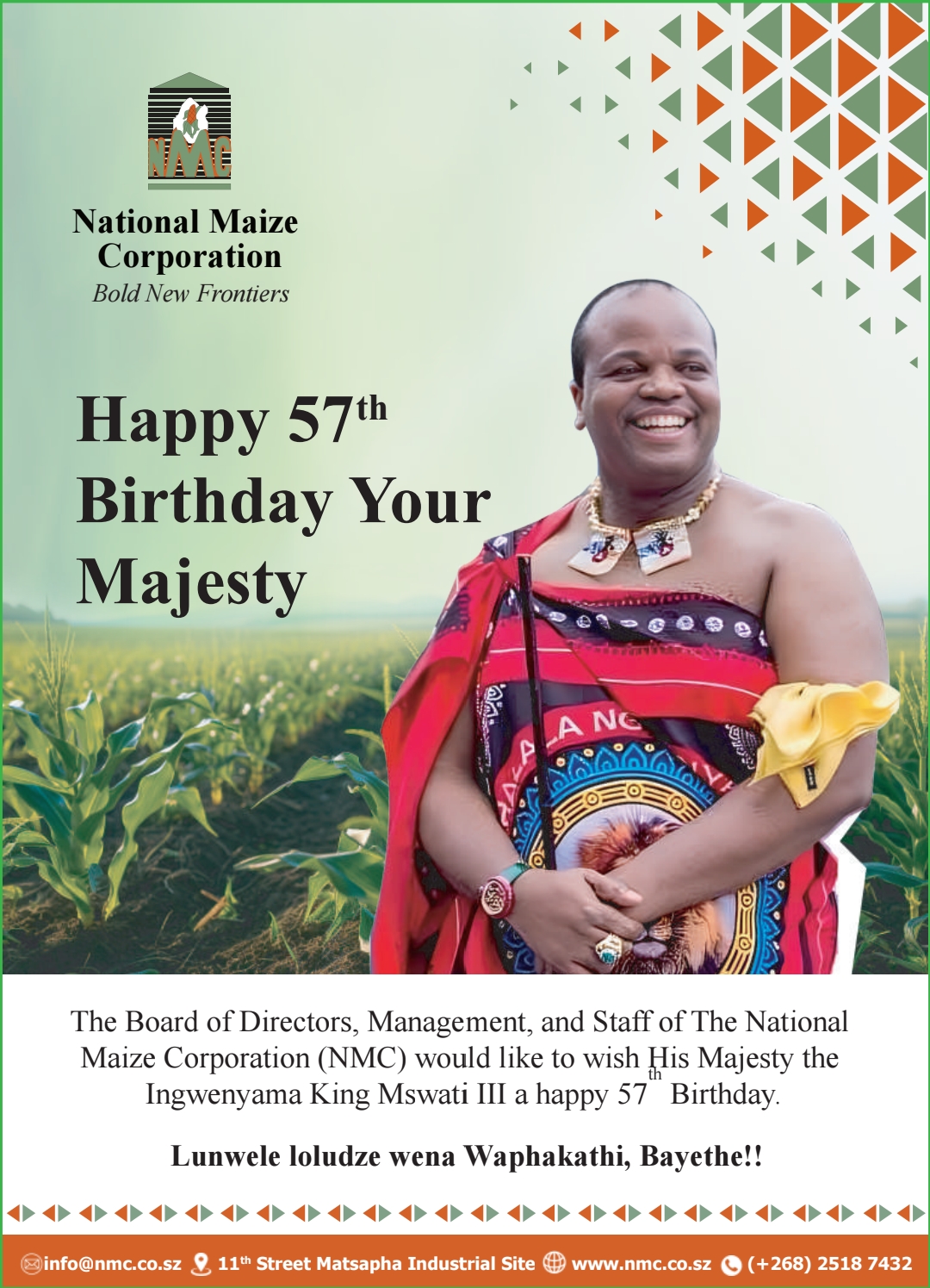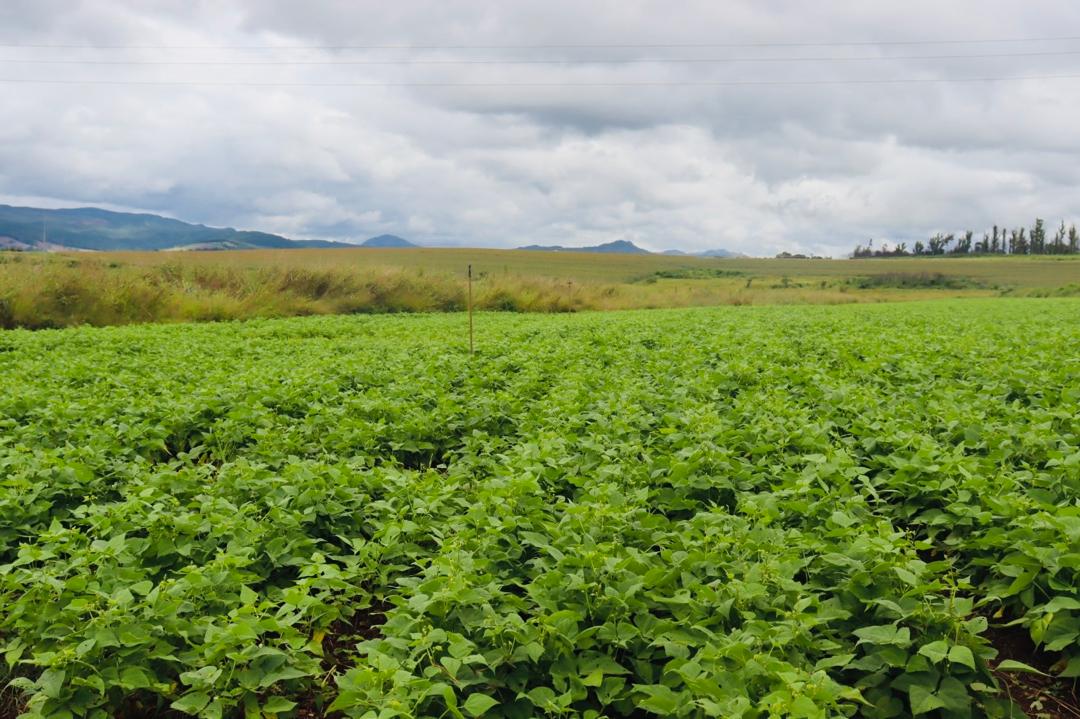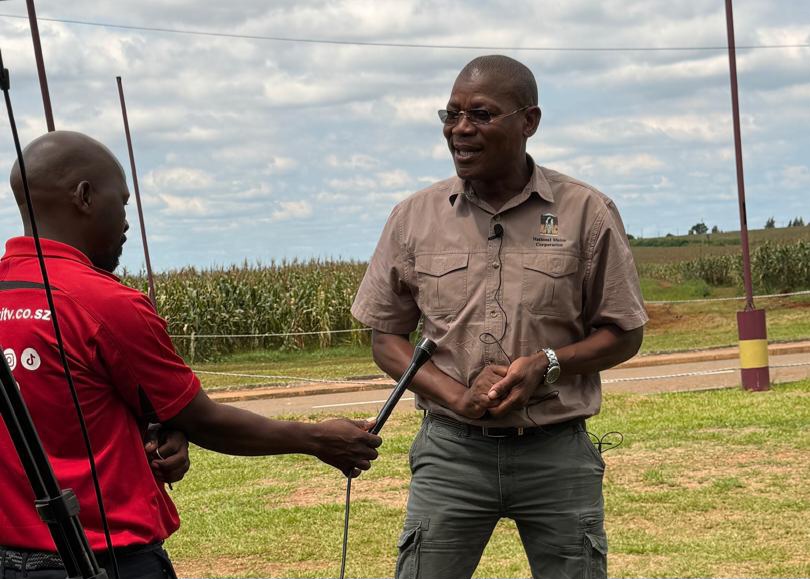By Tlalane Dlamini
As the Kingdom of Eswatini celebrates the birthday of His Majesty King Mswati III, we reflect not only on his enduring leadership but also on the bold vision he continues to inspire one of self-sufficiency, prosperity, and national pride. This year’s commemoration carries with it a powerful and timely message: the time has come to move away from dependency and embrace the full potential of a commercialised, knowledge-driven agricultural sector.
In line with the King’s vision for sustainable development and national sovereignty, the National Maize Corporation (NMC) is leading the charge in transforming Eswatini’s grains industry from a subsidy-dependent model to a self-sustaining, commercial powerhouse.

A Pivotal Moment in Eswatini’s Agricultural History
During a successful Field Day hosted by NMC at Chakaza Farm in Malkerns, farmers, agronomists, and industry leaders united to exchange ideas, learn best practices, and commit to a shared future of food security. NMC CEO Mavela Vilane delivered a rousing call to action:
“We must be truly commercial if we are serious about food security. We need to stop importing maize and beans and start producing enough locally. Eswatini requires approximately 140,000 metric tons of maize per year and 7,000 metric tons of beans, yet last year, we produced approximately 74,946 metric tons of white maize and 378 metric tons of beans. This is unsustainable. If our borders were to close for just one week, we would face a food crisis.”
This statement underscores the urgent need for transformation. The path forward is clear: it lies in empowering local farmers through knowledge, innovation, and access to resources.

From Subsidy to Sustainability
His Majesty’s leadership has long championed self-reliance and development that empowers emaSwati. As such, NMC is aligning its mission with the national development agenda by encouraging commercial farming practices, reducing reliance on government subsidies, and fostering a vibrant grain production economy.
Vilane emphasised that subsidies should be a temporary bridge for subsistence farmers, not a crutch for commercial operations.
“Serious commercial farmers should not depend on handouts but instead focus on increasing their production capacity,” he said.
Through targeted training in soil testing, pest management, and yield optimisation, farmers like Musa Bhembe and Rudolph Mndzebele have already begun to see tangible improvements.

A Vision for Grain Sovereignty
NMC’s vision is ambitious yet achievable: To be the catalyst of grain sovereignty in the Kingdom of Eswatini.
Its mission is equally powerful: Fostering a vibrant grains industry producing for National Self-Sufficiency Reserves and Export markets.
To realise this, NMC has forged strategic partnerships with financial institutions and agricultural experts. Farmers now have better access to loans, crop insurance, and modern farming equipment.
“There is no longer an issue with money what remains is for farmers to use the knowledge we provide to increase their yields,” said Vilane.
He also highlighted that with Eswatini’s existing 71,000 hectares of maize land, yields of 6 tons per hectare could result in 432,000 metric tons annually more than triple the national demand.

Honouring His Majesty Through Action
As we honour His Majesty King Mswati III’s birthday, let this be more than a celebration it must be a moment of commitment. A commitment to honour his legacy by securing the future of our nation through food sovereignty.
Let us rise to the challenge and work together toward an Eswatini where no family goes hungry, where our grains feed our own people and even the world beyond our borders.
Happy Birthday, Bayethe Wena Waphakathi!
May your reign continue to inspire resilience, prosperity, and unwavering national pride.







